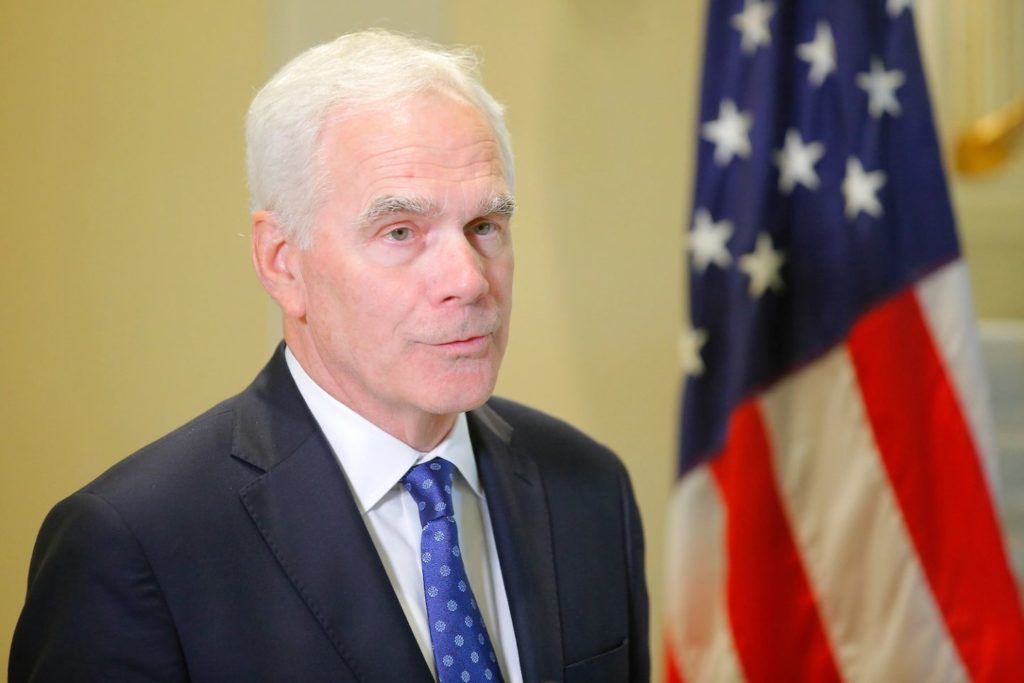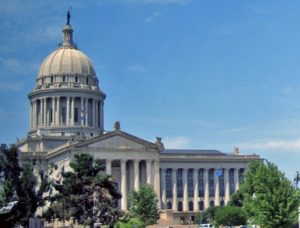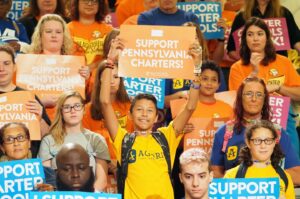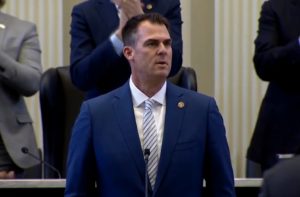Oklahoma notches religious liberty victory, effectively permits public charter schools to be religious
Oklahoma’s attorney general issued an opinion this month that a state law preventing charter schools from being religious likely violates the Constitution and should not be enforced.
The Oklahoma…

Oklahoma’s attorney general issued an opinion this month that a state law preventing charter schools from being religious likely violates the Constitution and should not be enforced.
The Oklahoma Statewide Virtual Charter School Board requested clarification from Attorney General John O’Connor regarding the Oklahoma law, which forbids charter schools from being sectarian or religious.
The request also cited three Supreme Court cases from the last five years in which individuals or institutions were found to be unconstitutionally denied educational aid from the government due to religious affiliation: Trinity Lutheran Church v. Comer (2017), Espinoza v. Montana Department of Revenue (2020) and Carson v. Makin (2022).
Those decisions overrode previous arguments against such aid that cited the Establishment Clause of the First Amendment, which prohibits the government from endorsing or supporting a particular religion.
Indeed, in all three cases listed above the Supreme Court ruled against religious discrimination, explaining that public funds cannot be denied to specific institutions solely because of their religious nature.
O’Connor released his opinion on Dec. 1 saying Oklahoma’s charter school law would likely be found to violate the First Amendment and “therefore should not be enforced.”
His opinion opens the door for churches or other religiously minded institutions to host public charter schools. Opinions issued by attorney generals are usually considered legally binding unless a court rules otherwise.
O’Connor did, however, clarify that religiously affiliated charter schools would not have the same freedom as private schools regarding operations such as admission policies and employment practices.
But charter schools are given more freedom of innovation than their traditional counterparts, and can also be overseen by an independent board rather than a district board, explains the Oklahoma Public Charter School Association. However, like all public schools, they are publicly funded and must remain free of charge to all students.
Public charter schools performed significantly better nationwide than traditional public schools during the COVID-19 pandemic. In the state of Oklahoma, charter school enrollment increased by a monumental 30% during that period, while traditional public school enrollment decreased by 3%.
Many applauded O’Connor’s decision, including Oklahoma Gov. Kevin Stitt.
“O’Connor’s opinion rightfully defends parents, education freedom, and religious liberty in Oklahoma,” said Stitt. “Government takes a backseat to parents who get to determine the best learning environment for their child.”
The American Federation for Children also praised the decision as “entirely keeping with the spirit of what charter schools are meant to be.”



